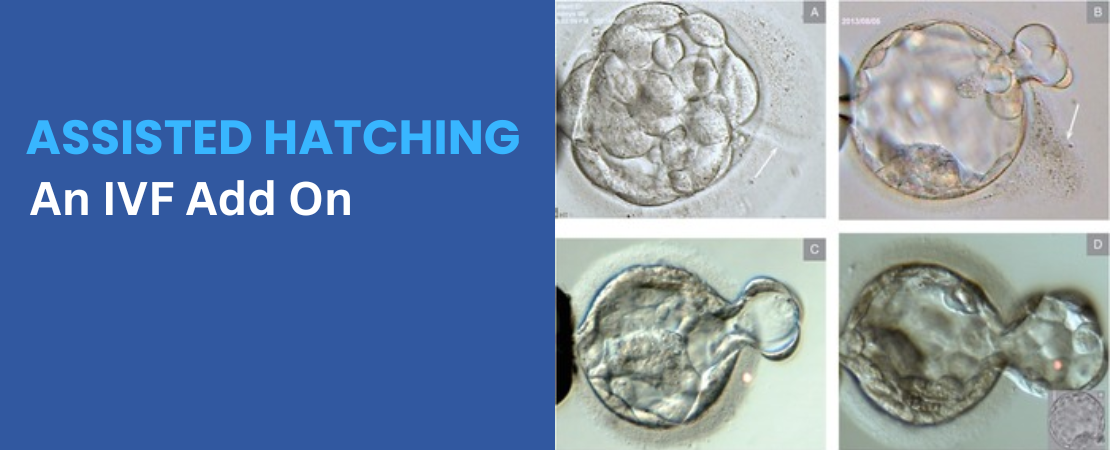
PCOS treatment primarily focuses on managing the patient’s unique individual concerns, like infertility, obesity, acne, and hirsutism. Women suffering from PCOS often complain of medium to extreme pelvic pain, which is apparently severe during menstrual periods. However, specific treatment and lifestyle changes effectively help in managing such pain.
Doctors usually recommend weight loss through a low-calorie diet along with moderate exercise activities to the patients. Slight reduction in body weight, in fact, increases the effectiveness of medications and reduces PCOS pain.
As per many researchers, the pain of PCOS is accelerated in some women when they fail to maintain a balance between insulin resistance and hormone regulation.
This balance can be well established by certain lifestyle changes and dietary supplements. However, please note that there is no “one-size-fits-all” approach to get rid of this pain. The treatment of pain is different in a different individual.
Please talk to your doctor before trying any alternative treatment for pain management in PCOS. Always go for any option after interaction with the doctor and knowing correctly about its possible dosage and side effects.
Required Diet Changes: It is very important to eat the right food to regulate the menstrual cycle. Processed or preserved food should be strictly avoided as it causes inflammation and insulin resistance. In case you experience heavy bleeding during their period, add iron-rich foods such as spinach, eggs, and broccoli to your diet to avoid iron deficiency or anemia. Eat magnesium-rich food like almonds, cashews, spinach, and bananas for better relief. More importantly, cut out coffee to control estrogen levels and hormone-behavior as it can accelerate PCOS pain.
Eat More Whole Foods: Whole foods are more recommended to women suffering from PCOS as these are free from artificial sugars and preservatives that cause inflammation in the pelvis. Unprocessed state of fruits, vegetables, whole grains, and legumes are healthy and regulate the endocrine system better. Soy products are also good for the endocrine system to function well. Make sure you avoid the processed ones, though.
Balanced Intake of Carb and Protein: Both carbohydrates and protein have a major impact on the energy and hormone levels of the body. Eating healthy protein and unprocessed high-card stimulates insulin sensitivity in the body. Thus, the body gets relief from pain or inflammation caused by PCOS. It is best to intake plant-based protein sources, like nuts, legumes, and whole grains.
Target Anti-Inflammatory Foods: It is always important to add anti-inflammatory foods to your diet in PCOS for low-level chronic inflammation. Foods like olive oil, fatty fish like mackerel and tuna, tomatoes, leafy greens, and tree nuts fight inflammation. Interestingly, you can opt for a Mediterranean diet to relieve yourself from PCOS pain.
Supplements: Supplements effectively help in controlling the inflammatory pain caused due to hormone regulation and insulin resistance. Take supplements like Inositol, Chromium, Cinnamon, Turmeric, Zinc, Evening primrose oil, combined vitamin D and calcium. Cod, liver oil, and Berberine to balance your body’s endocrine responses and ramp up your metabolism.
Adaptogen Herbs: Adaptogen herbs like Maca root, Ashwagandha, Holy basil, Licorice root, Tribulus Terrestris, and Chasteberry balance hormones, stimulate ovulation and support healthy menstruation. Thus, PCOS pain is greatly controlled.
Physical Activity: Apart from diet management, maintaining a healthy weight reduces the PCOS pain by decreasing insulin resistance. Low-impact exercises, Pilates, Swimming, Light-aerobics or Yoga are highly beneficial to improve symptoms of PCOS inflammation. Aim to take uninterrupted eight to ten hours of sleep per night to regulate cortisol.
Always talk with your doctor for uncontrollable PCOS pain. Other than the natural remedies we have suggested in this article, you might need medicines in case the pain is unbearable.
Herbal supplements and alternative therapies obviously work to improve PCOS pain. However, ongoing dialog with the doctor related to your symptoms is a must!

